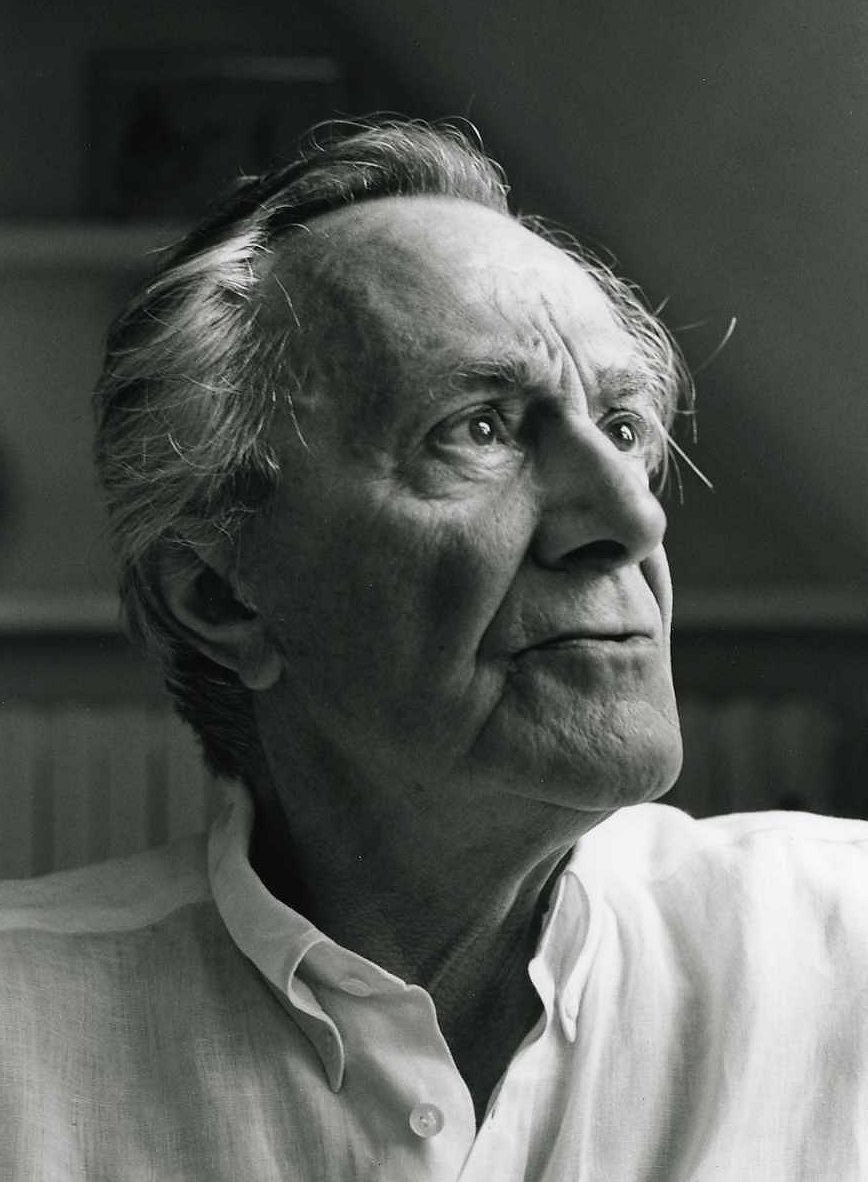Le recours aux grandes récits est exclu; on ne saurait donc recourir ni à la dialectique de l'Esprit ni même à l'émancipation de l'humanité comme validation du discours scientifique postmoderne
La condition post-moderne, de Jean-François Lyotard, Éd. de Minuit, 1979, p. 98
Jean-François Lyotard frases e citações
Jean-François Lyotard: Frases em inglês
Fonte: Thought Without a Body? (1994), p. 291
Fonte: The Postmodern Condition: A Report on Knowledge (1977), p.38
Fonte: The Postmodern Condition: A Report on Knowledge (1977), p.37
“The body might be considered the hardware of the complex technical device that is human thought.”
Fonte: Thought Without a Body? (1994), p. 291
“I define postmodern as incredulity towards metanarratives.”
Fonte: The Postmodern Condition: A Report on Knowledge (1977), p. xiv
Fonte: Thought Without a Body? (1994), pp. 286-289
Fonte: The Postmodern Condition: A Report on Knowledge (1977), p. 5
Fonte: The Postmodern Condition: A Report on Knowledge (1977), p.5
Fonte: Thought Without a Body? (1994), p. 296
The Postmodern Condition: A Report on Knowledge (1977) XXII
Fonte: The Postmodern Condition: A Report on Knowledge (1977), p.3
Fonte: The Postmodern Condition: A Report on Knowledge (1977), p.35
Fonte: The Postmodern Condition: A Report on Knowledge (1977), p.7
Fonte: The Postmodern Condition: A Report on Knowledge (1977), p.82
Variante: Knowledge is and will be produced in order to be sold, it is and will be consumed in order to be valorized in a new production...
Fonte: The Postmodern Condition: A Report on Knowledge (1977), p.4
Fonte: The Postmodern Condition: A Report on Knowledge (1977), p.8
Fonte: Thought Without a Body? (1994), p. 296
Fonte: The Postmodern Condition: A Report on Knowledge (1977), P.5
Fonte: The Postmodern Condition: A Report on Knowledge (1977), p. 15
Fonte: The Postmodern Condition: A Report on Knowledge (1977), p.50
Fonte: The Postmodern Condition: A Report on Knowledge (1977), p.xxv
Fonte: The Postmodern Condition: A Report on Knowledge (1977), p. 5
Fonte: The Postmodern Condition: A Report on Knowledge (1977), p.xxiv
Fonte: The Postmodern Condition: A Report on Knowledge (1977), p.57
Fonte: Thought Without a Body? (1994)
Perigrenations Law Form
